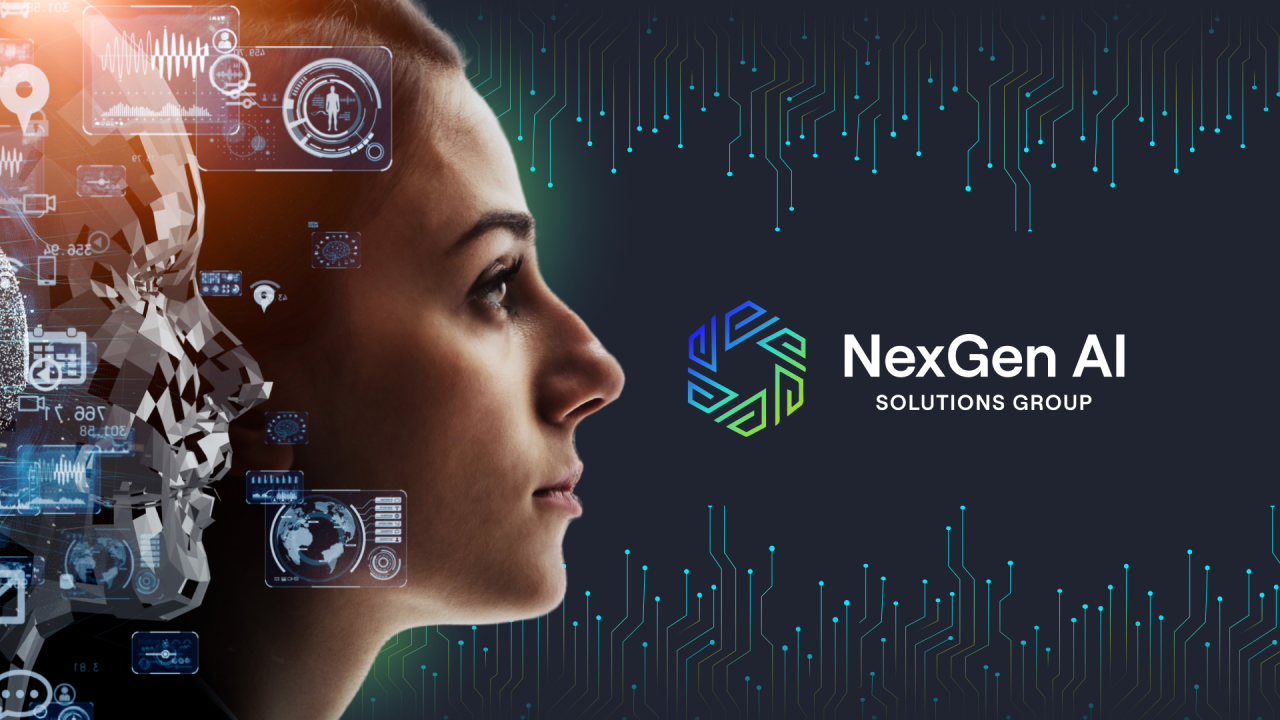As we plunge deeper into the era of Artificial Intelligence (AI), the responsibility to ensure ethical AI engineering practices becomes increasingly vital. Building AI systems that not only perform optimally but also uphold ethical standards is paramount. Let’s explore some quick tips for infusing ethics into the core of your AI engineering endeavors! ⚖️
The Imperative of Ethical AI Engineering
Before we delve into the tips, let’s understand why ethical AI engineering is more than just a recommendation. AI systems influence various aspects of our lives, from employment decisions to healthcare recommendations. Ensuring these systems are built ethically is essential to prevent biases, discrimination, and unintended consequences.
Quick Tips for Building Ethical AI Systems
- Define Ethical Guidelines: Establish clear ethical guidelines before embarking on AI development. Clearly define what constitutes ethical behavior in the context of your application. This sets the foundation for ethical decision-making throughout the development lifecycle.
- Address Bias and Fairness: Actively identify and mitigate biases in your AI models. Pay attention to potential biases in training data, algorithmic decisions, and outcomes. Strive for fairness and inclusivity to avoid perpetuating existing inequalities through AI systems.
- Transparency and Explainability: Prioritize transparency in your AI systems. Make efforts to ensure that the decision-making processes of your models are explainable and understandable. Users should have insights into how and why certain decisions are made, fostering trust in the technology.
- Data Privacy Protection: Safeguard user privacy by implementing robust data protection measures. Clearly communicate data usage policies, obtain informed consent, and anonymize sensitive information whenever possible. Upholding privacy is a fundamental aspect of ethical AI engineering.
- Continuous Monitoring and Evaluation: Implement ongoing monitoring of AI systems in real-world scenarios. Regularly evaluate the system’s performance, identifying and rectifying any ethical concerns that may arise over time. Ethical considerations should be an integral part of post-deployment processes.
Challenges in Ethical AI Engineering
While the pursuit of ethical AI is crucial, challenges abound. Balancing transparency without compromising proprietary information, addressing the interpretability of complex models, and navigating the evolving landscape of AI ethics standards are among the hurdles that ethical AI engineers may face.
The Future of Ethical AI
The future of AI hinges on ethical engineering practices. Emerging trends include the development of standardized ethical frameworks, increased collaboration between AI researchers and ethicists, and the integration of ethical considerations into AI education. Staying informed on these trends is essential for shaping the ethical landscape of AI.
Conclusion
Ethical AI engineering is not a constraint but a prerequisite for responsible technological advancement. By defining clear ethical guidelines, addressing biases, ensuring transparency, protecting data privacy, and maintaining continuous monitoring, you can build AI systems that align with ethical standards. Let ethics guide the evolution of AI, and pave the way for a future where technology truly serves the betterment of humanity!








